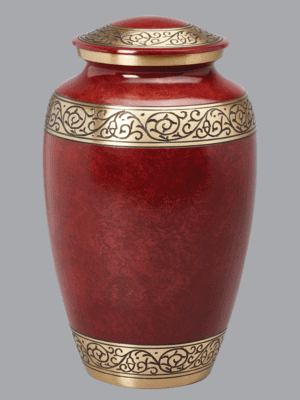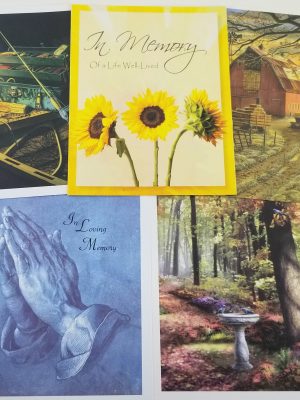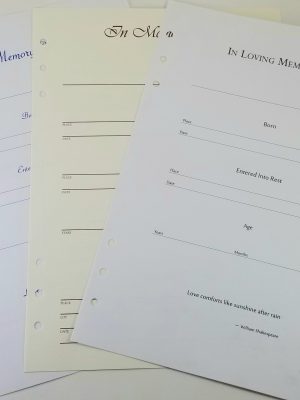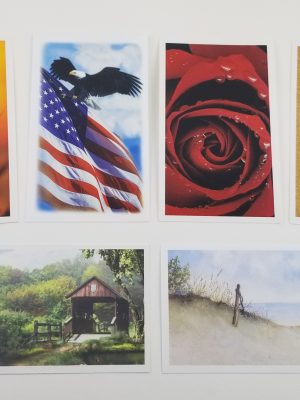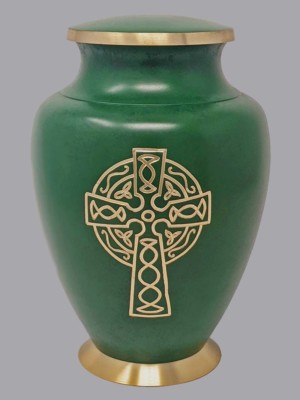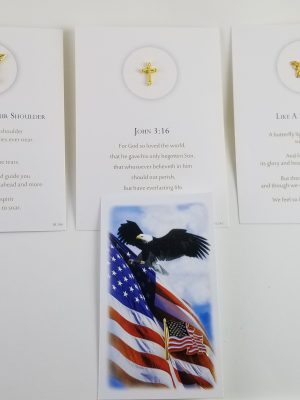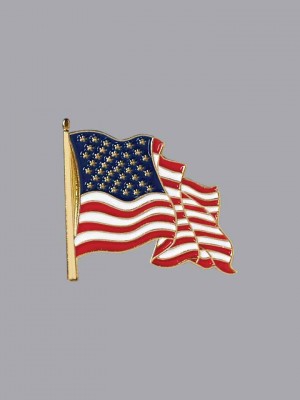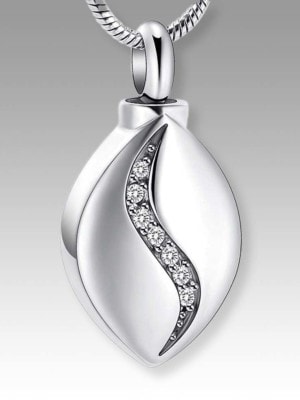Who Do I Thank and How?
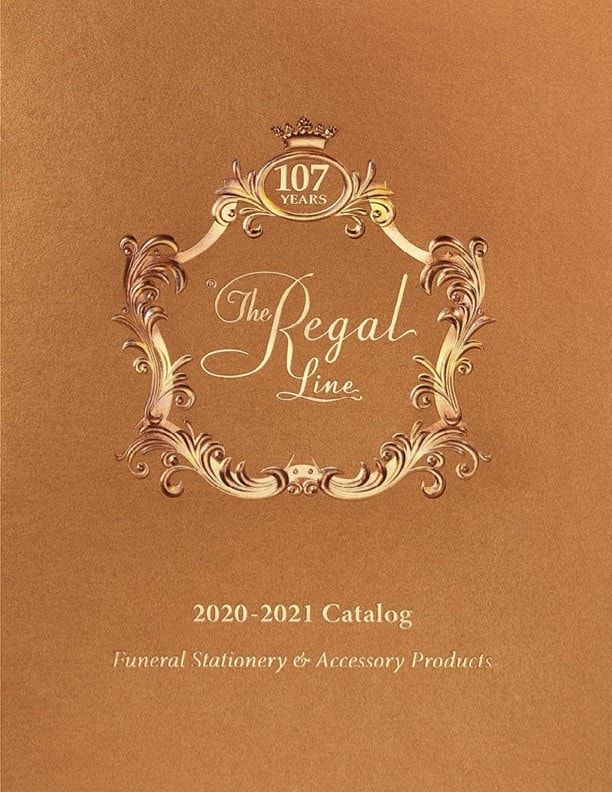
Table of Contents
Following the funeral, family members take time to acknowledge those who, in various ways, offered expressions of sympathy or helped with different tasks. Many years ago, personal letters were written in return for expressions of sympathy. Today, in most cases, a signed Thank You Card is sufficient to say “Thanks” for flowers, Mass cards, sympathy cards, and personal services. Computer “e-mails” are generally not the appropriate method to express your gratitude.
Thank You cards are usually sent between ten days and two weeks following the funeral.
If a more personal touch is desired a few words can be written on the Thank You card with reference to flowers, letters of condolence, or to the services that were rendered. These words make the recipient feel that one’s thanks are as personal as if they had been expressed verbally.
We hope the following suggestions will prove helpful in handling the various expressions of sympathy the family receives during bereavement.
The notes printed below in italics are examples, they may be changed to fit your situation.
To Clergy
Send a personal note thanking them for their spiritual help. If an honorarium or offering is sent it should be sent separately from the note to the clergyman.
* Dear Mr. Smith:
My husband and I thank you for the consolation you gave us during this trying time. The beauty of the services you conducted has helped us tremendously.
* Dear Father Quinn:
Thank you for the consolation you gave us and for your continuing prayers.
* Salutations vary—depending on religion, denomination, and regional preference, Protestant or Catholic.
Other possible examples:
Dear Father Smith, Dear Dr. Smith, Dear Reverend, Dear Rev. Smith, or Dear Pastor Smith.
For further examples of clergy and forms of address for others who hold official titles:

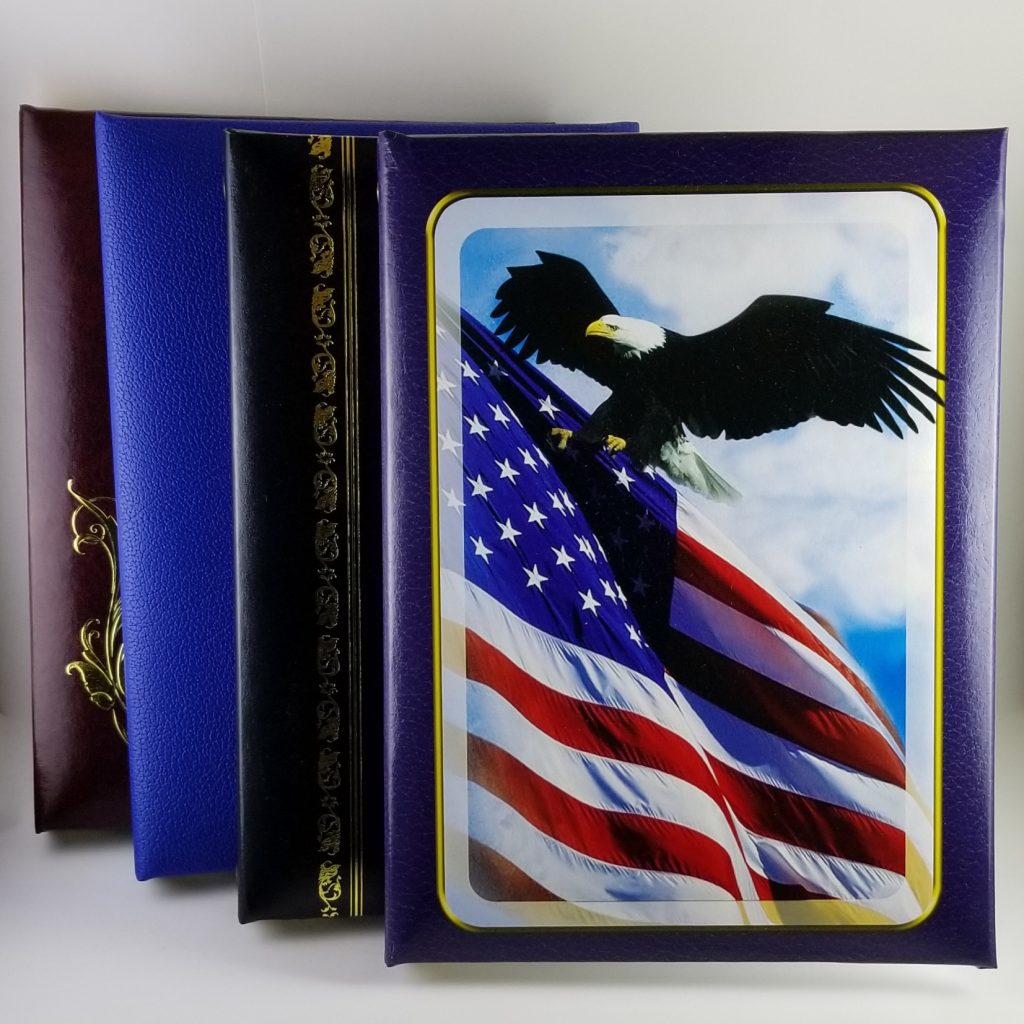
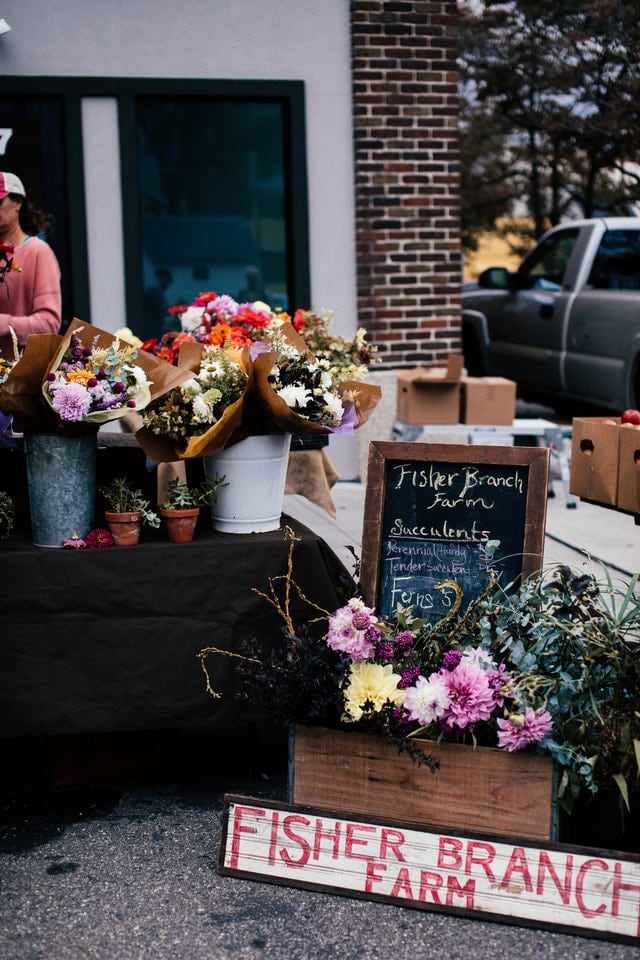
To Pall Bearers
This would include honorary but not professional Pall Bearers. Include a message of thanks for their time and services on a Thank You Card.
Example: Thank you for your kindness in acting as a Bearer for Father. We asked you because you were one of his closest friends.
To Those Who Sent Letters of Sympathy
Replies may be short and written on a Thank You Card.
Example: Thank you for your kind words of sympathy . . . it is so nice to have friends like you.
Flowers
A personal message may be written on the Thank You Card.
Example: The roses you sent for Dad were beautiful.
Flowers Sent from an Organization
Send a Thank You Card to the leader of the group and include in the message a reference to the other members.
Example: The flowers sent by the members of the Hospital Board were beautiful and greatly appreciated.
If the members have their names on the floral card, a Thank You Card (without a personal message) is sent to each name on the card.
Flowers Received from an Informal Group
When a group of neighbors, employees, etc., send flowers, a Thank You Card to each name on the card is sufficient.
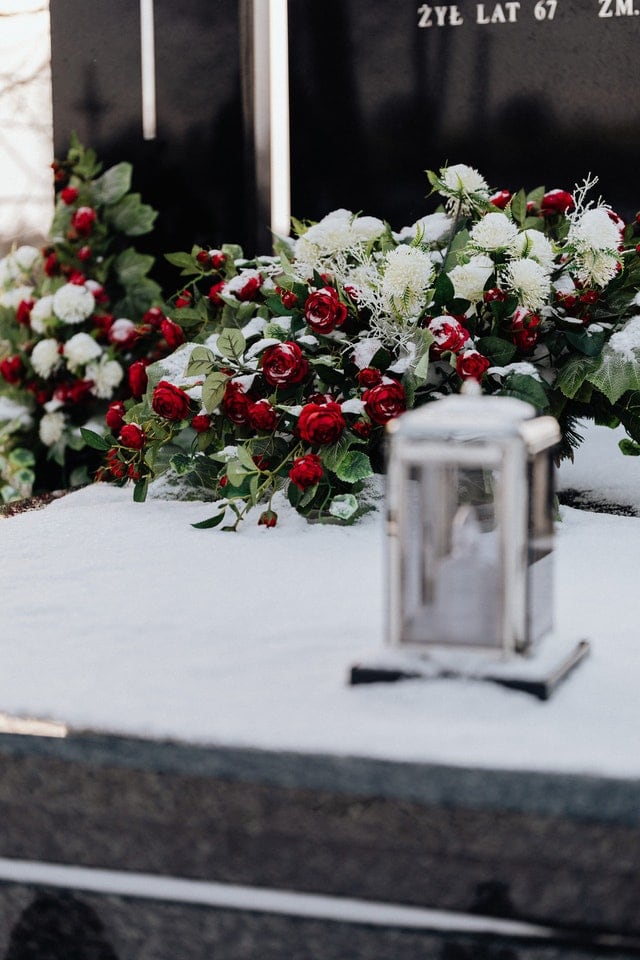

Sympathy Cards
The Thank You Card is sufficient . . . If there is a personal message on a card you received and you feel it should have a reply you can answer it on the Thank You Card.
Friends who Volunteer Cars and Services:
A personal note on a Thank You Card is correct.
Car Example: Thank you, Bob, for the use of your car. It was needed and greatly appreciated.
Service Example: You were so kind as to stay with Mother after the funeral and help her through that first evening alone.
Food Example: The apple pie you sent to the house was delicious; thanks again for your thoughtfulness.


